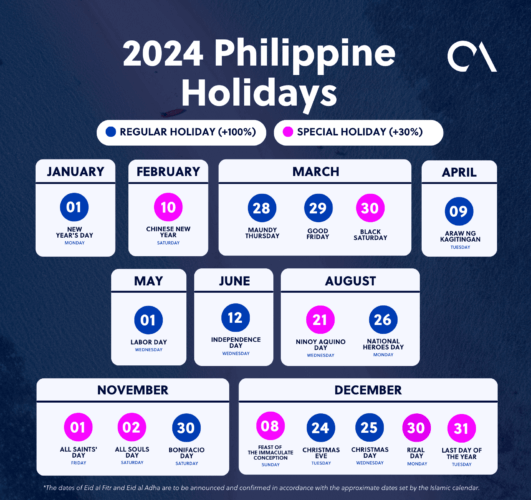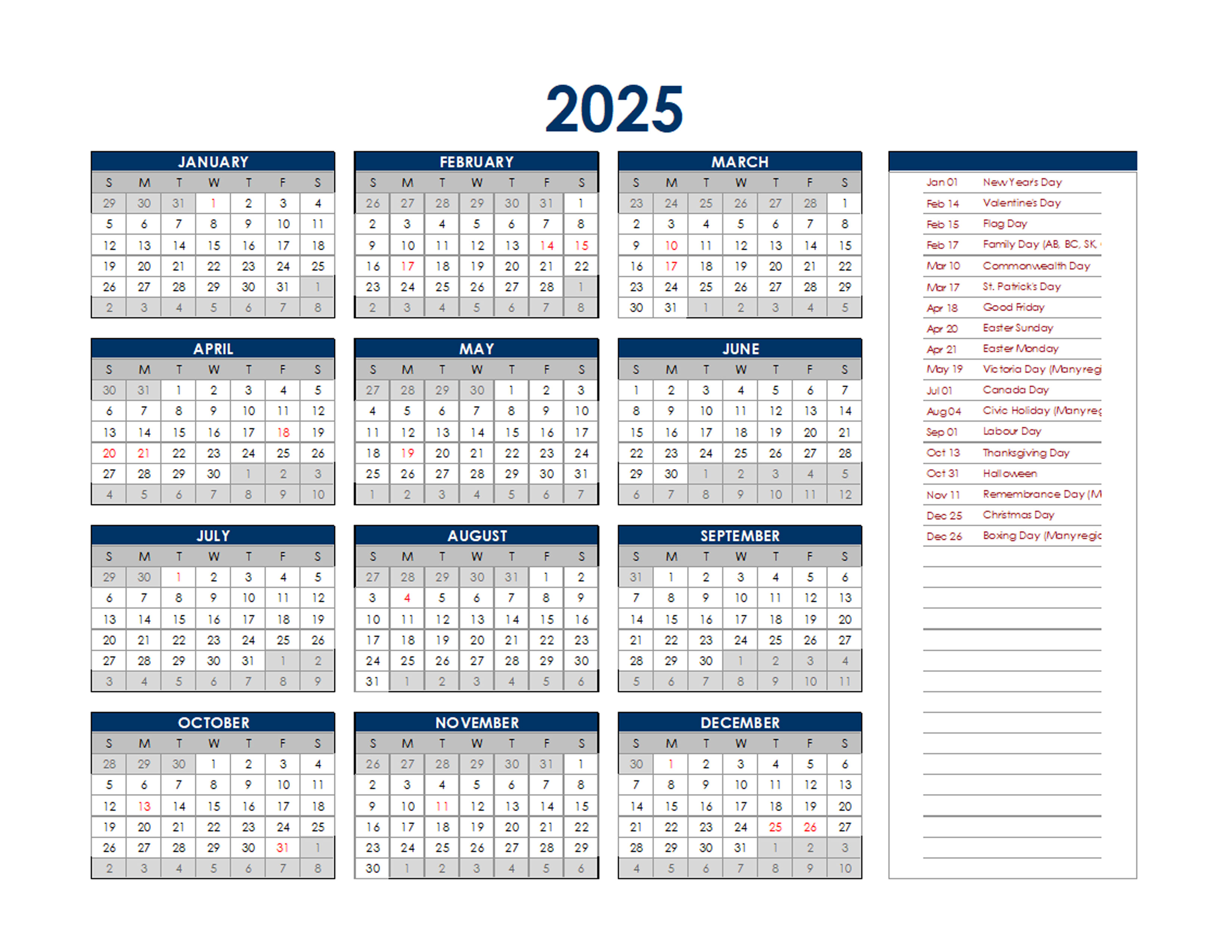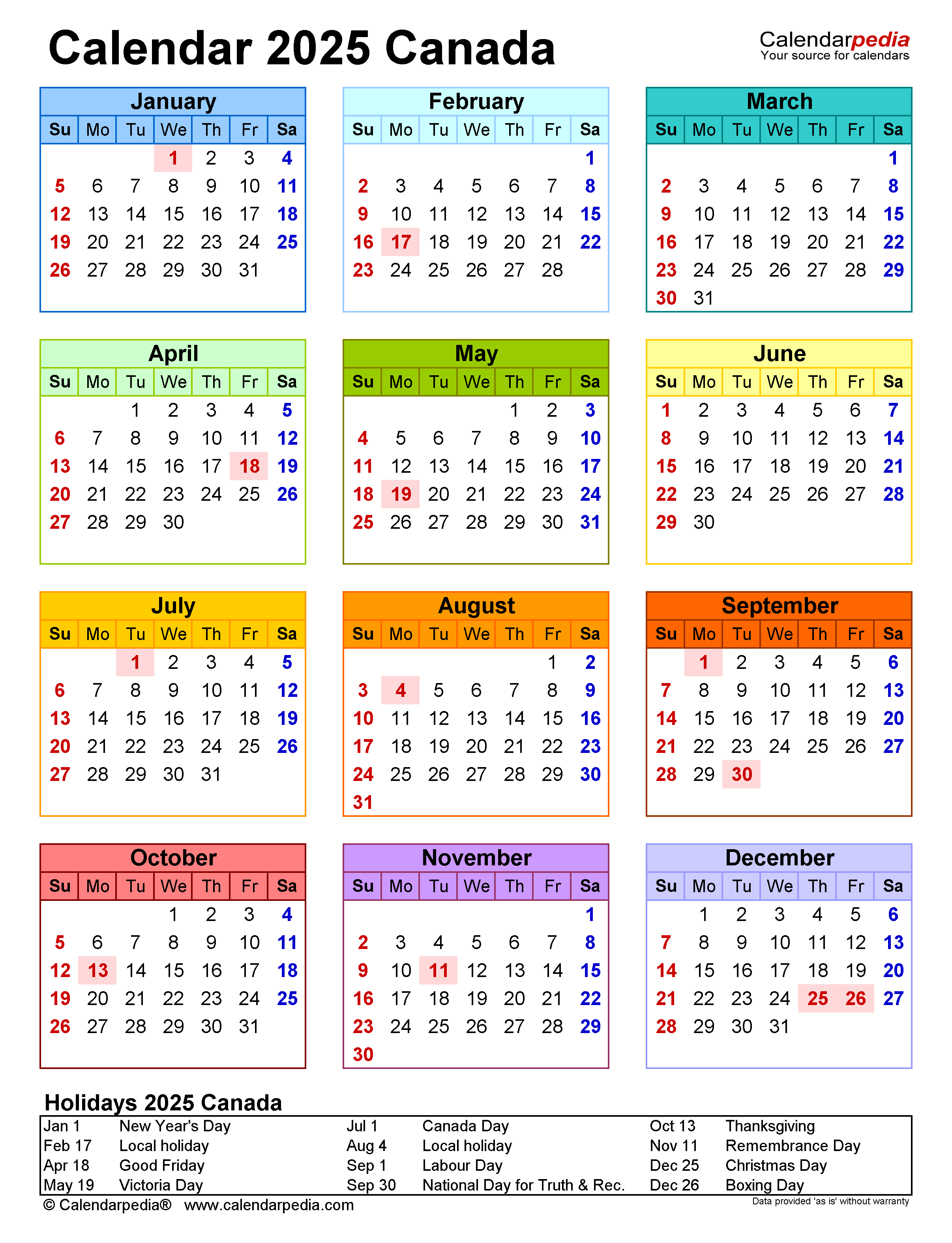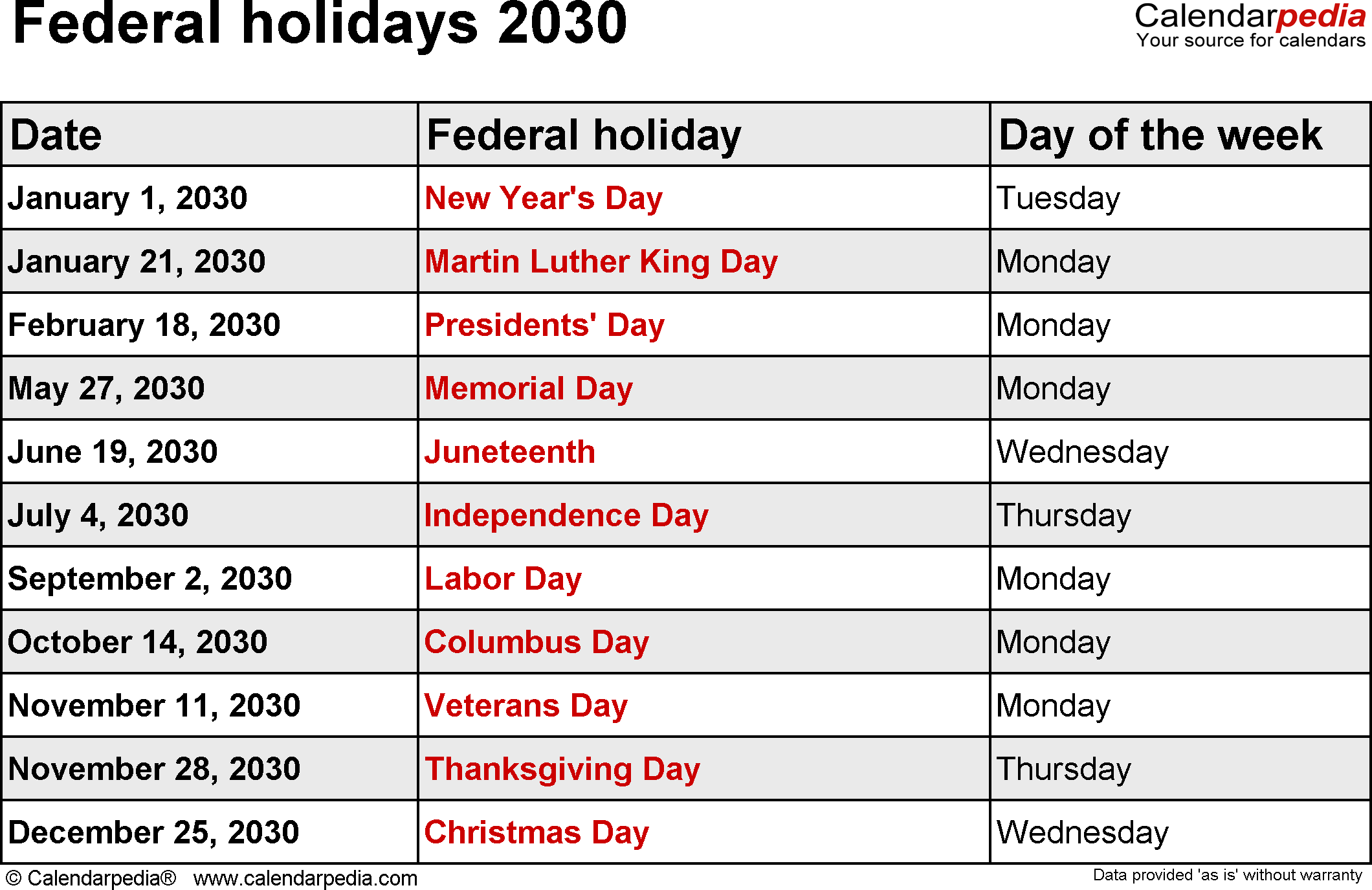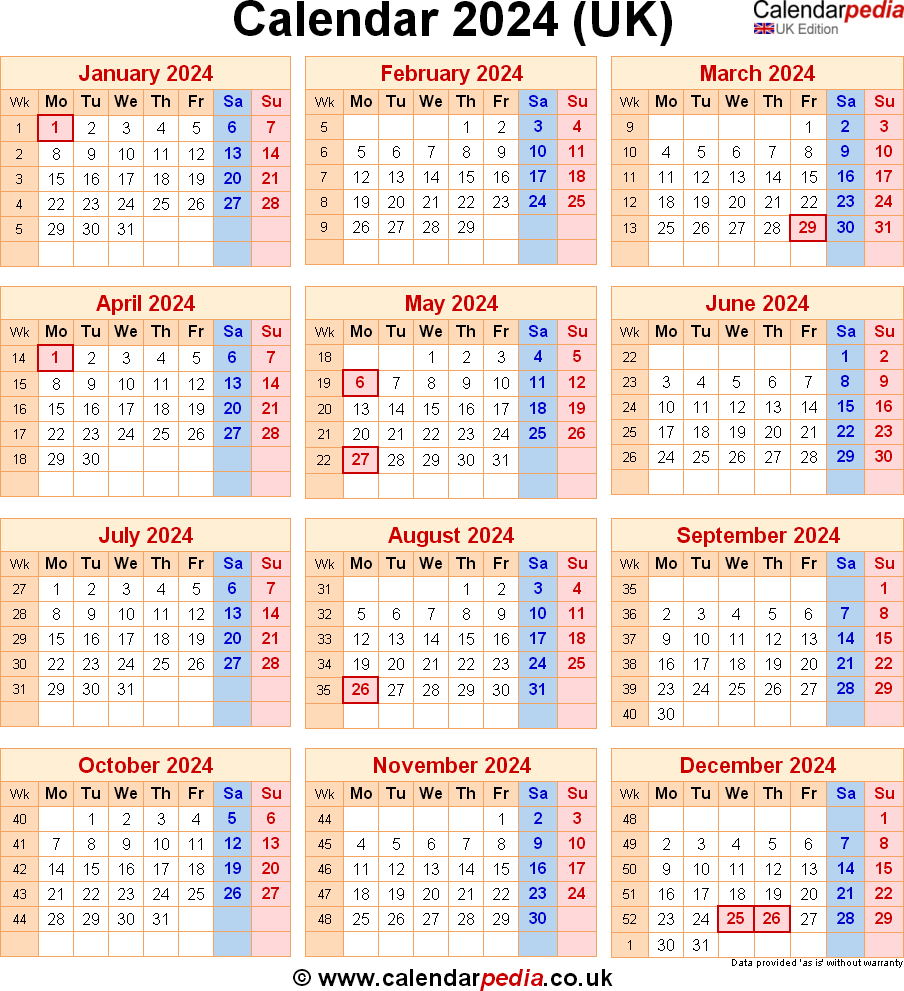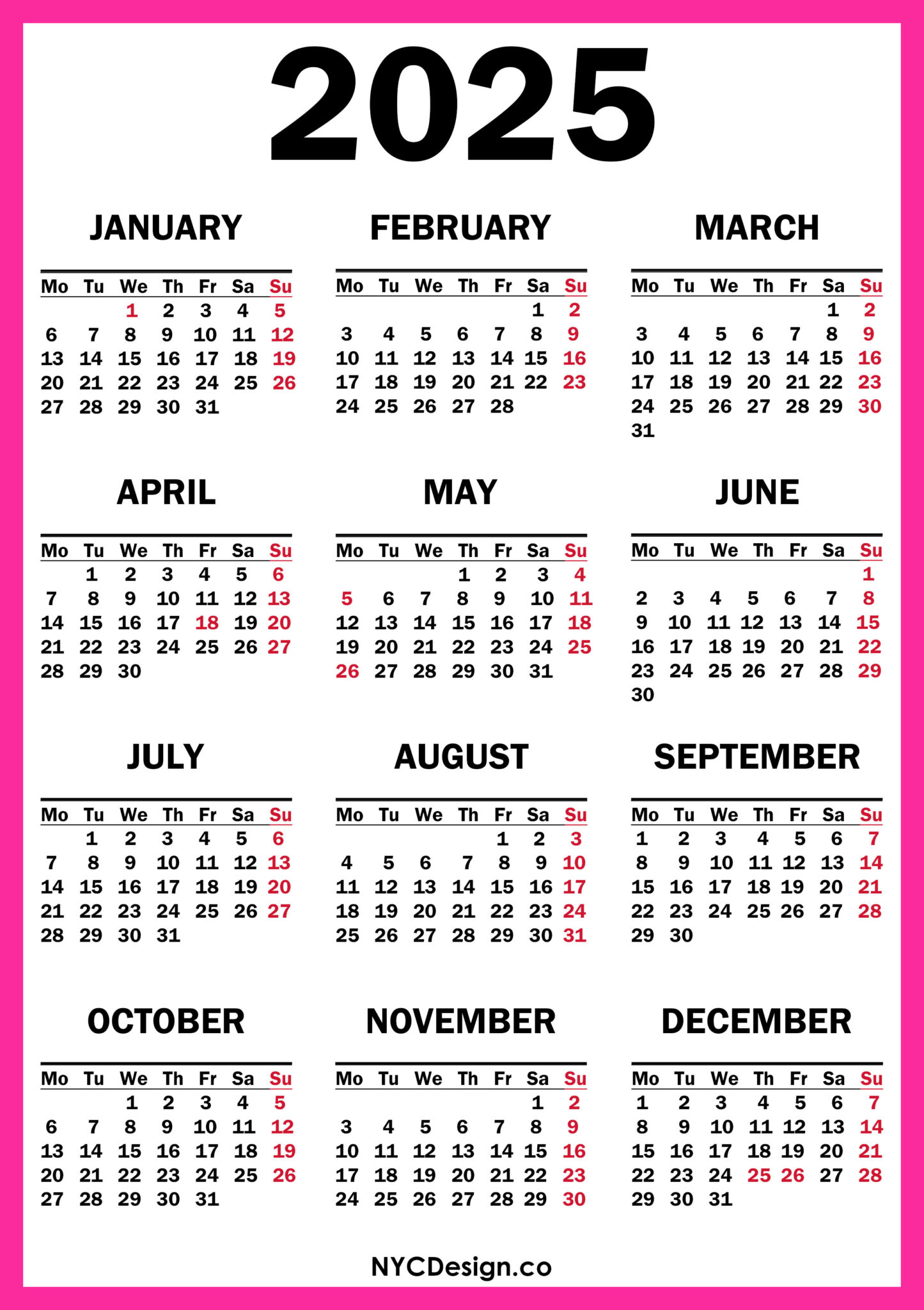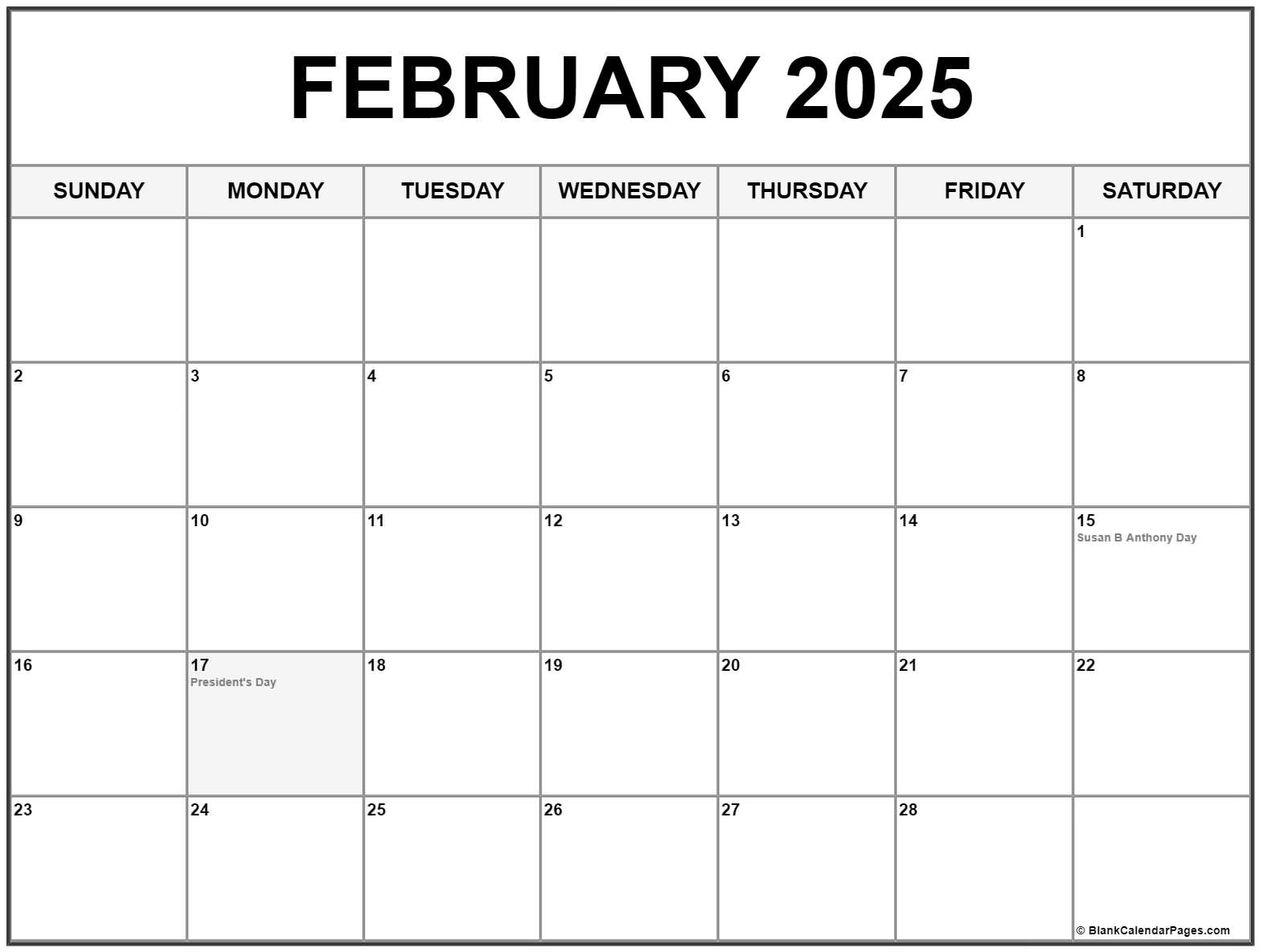Will May 2025 Calendar Have New Holidays
Will the May 2025 Calendar Feature Any New Holidays? A Deep Dive into the Possibilities and Probabilities
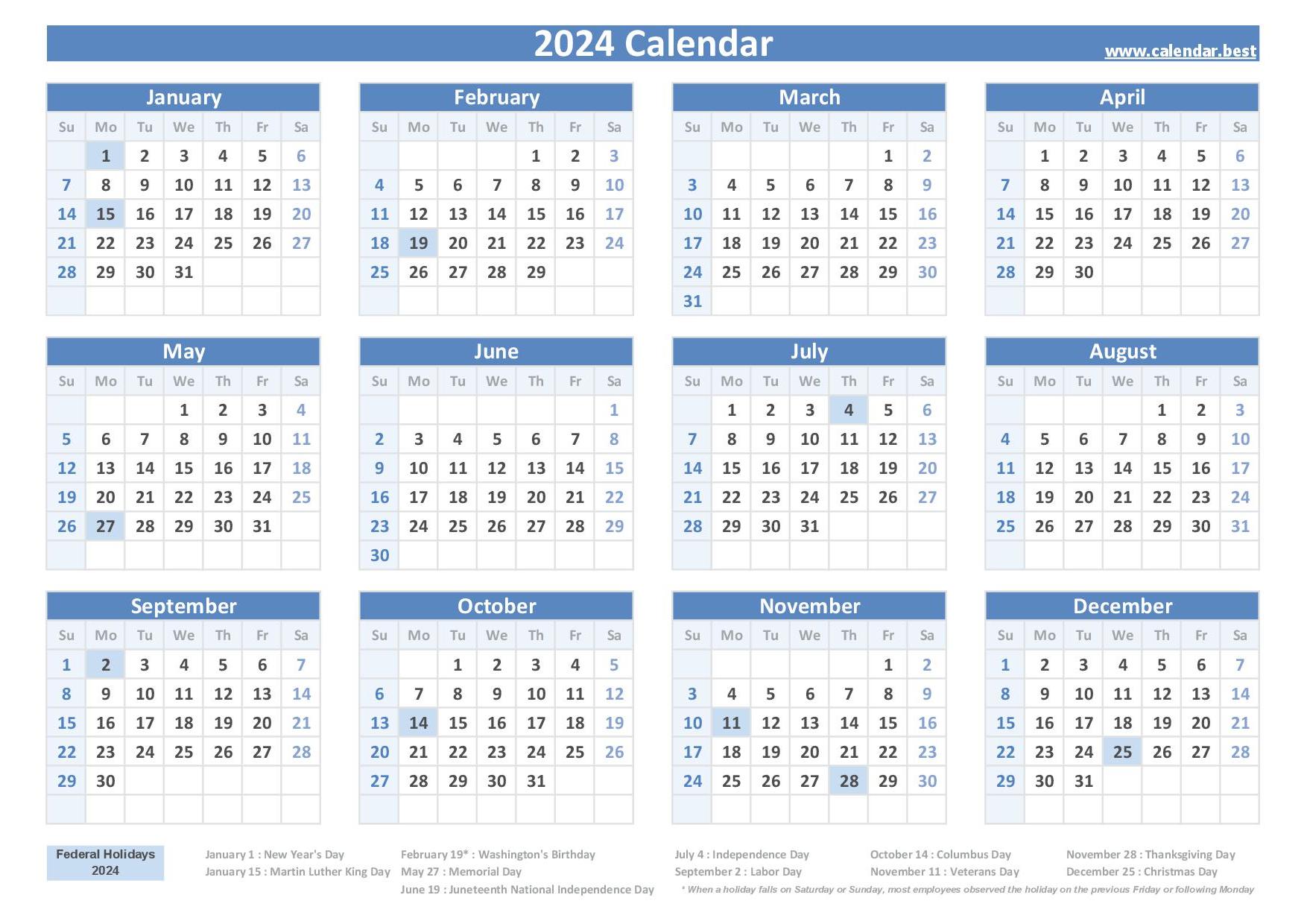
The question of whether the May 2025 calendar will boast any newly established holidays is a complex one, touching upon the intricate processes of national and international legislation, cultural shifts, and the evolving nature of public observances. While the likelihood of a completely new, universally recognized holiday appearing in just a few years is slim, the possibility of existing holidays gaining prominence, or localized celebrations emerging, is far more realistic. This article will explore the factors influencing the creation of new holidays, examining both the global and regional perspectives, and ultimately assess the probability of seeing any significant changes to the May 2025 calendar.
The Challenges of Establishing a New National or International Holiday:
The process of establishing a new national holiday is a lengthy and arduous one. It typically requires considerable political will, widespread public support, and a compelling rationale. This involves:
- Legislative Process: A proposal for a new holiday must be introduced and debated in the relevant legislative body (e.g., parliament, congress). This process can take years, with multiple readings, amendments, and potential vetoes.
- Public Opinion: Significant public support is crucial. A holiday’s success depends on its resonance with the population, reflecting shared values, historical significance, or cultural importance. Extensive public consultations and surveys often precede legislative action.
- Economic Considerations: The economic impact of a new holiday, including lost productivity and potential disruption to businesses, is carefully weighed. This often leads to careful consideration of the date chosen, avoiding clashes with existing major holidays or peak economic periods.
- International Coordination: For international holidays, achieving consensus among multiple nations is a monumental task, requiring diplomatic negotiations and compromises. This is particularly challenging given the diverse cultural and political landscapes globally.
Existing Holidays and Potential Shifts in Observance:
While the creation of entirely new holidays is unlikely in the short term, existing holidays might gain increased prominence or see shifts in their observance. This could involve:
- Increased Awareness Campaigns: Existing holidays might receive renewed attention through targeted awareness campaigns, leading to wider participation and celebration. This is often driven by social movements, advocacy groups, or government initiatives aimed at raising awareness of specific social issues or historical events.
- Shifting Cultural Significance: The meaning and interpretation of existing holidays can evolve over time, reflecting changing societal values and priorities. This can lead to modifications in how the holiday is observed, with a greater emphasis on certain aspects than others.
- Regional Variations: Even established holidays often exhibit regional variations in their celebration. Local traditions and customs can influence how a holiday is observed, leading to a diverse range of practices across different parts of a country or region.
The Potential for Localized or Emerging Holidays:
The emergence of new holidays is more likely at a local or regional level. This could be driven by:
- Local Historical Events: The commemoration of significant local historical events, anniversaries, or achievements can lead to the establishment of new local holidays. These celebrations often have a strong community focus and reflect the unique history and identity of a specific region.
- Cultural Festivals and Celebrations: Existing cultural festivals or celebrations might gain official recognition as public holidays, leading to increased participation and wider awareness.
- Environmental Awareness: Growing environmental awareness might lead to the establishment of new holidays focused on environmental protection and sustainability. These holidays could promote eco-friendly practices and raise awareness of environmental challenges.
Analyzing the May 2025 Calendar for Potential Changes:
Given the factors discussed above, the probability of a brand new, nationally or internationally recognized holiday appearing in May 2025 is extremely low. The legislative processes involved, coupled with the need for widespread public support and economic considerations, make such a rapid introduction highly improbable.
However, we might see:
- Increased awareness and observance of existing holidays: Government campaigns or social movements could elevate the profile of existing holidays in May 2025, leading to greater participation and a stronger sense of community.
- Local or regional celebrations gaining prominence: Specific regions or communities might introduce or strengthen local celebrations, though these would not necessarily be reflected in national calendars.
- No significant changes: The most likely scenario is that the May 2025 calendar will largely resemble previous years, with the same established holidays observed in a similar fashion.
Conclusion:
While the possibility of dramatic changes to the May 2025 calendar is unlikely, subtle shifts in the observance of existing holidays or the emergence of localized celebrations are more probable. The creation of entirely new, widely recognized holidays is a complex and lengthy process, requiring significant political will, public support, and careful consideration of economic implications. Therefore, while we can anticipate continuity in the overall structure of the May 2025 calendar, the manner in which existing holidays are observed and celebrated may subtly evolve, reflecting the dynamic nature of culture and societal values. Monitoring relevant legislative activity, public discourse, and social movements will be key to observing any potential shifts in the holiday landscape in the coming years.
